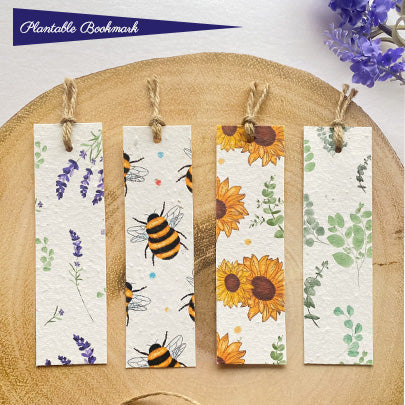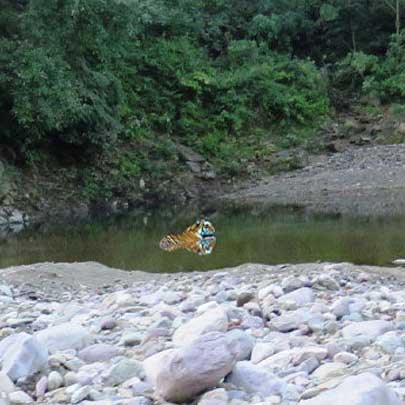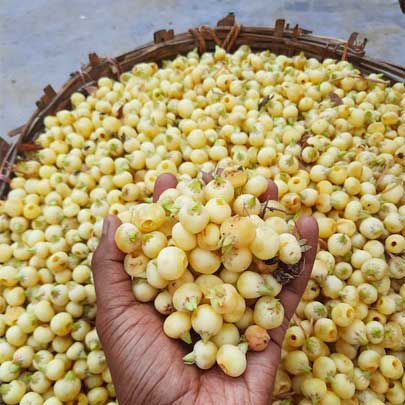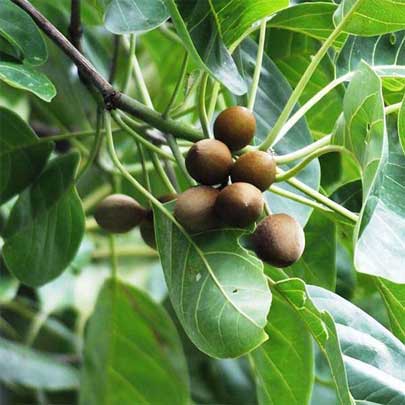Educating The Masses: The Environmental Benefits Of Seed Paper Products
Seed paper products have gained popularity in recent years due to their eco-friendly nature and unique ability to sprout into plants when planted. In this blog, we'll explore the environmental benefits of seed paper products and why they are a sustainable alternative to traditional paper products.
1. Biodegradability:
Seed paper products are made from recycled paper embedded with seeds. Unlike conventional paper products that contribute to landfill waste, seed paper decomposes naturally over time. This biodegradability reduces the accumulation of waste in landfills and minimizes environmental pollution.

2. Resource Conservation:
The production of seed paper requires fewer resources compared to traditional paper manufacturing. By using recycled paper and natural seeds, seed paper conserves trees and reduces water and energy consumption. This sustainable approach helps mitigate the environmental impact associated with paper production.

3. Habitat Restoration:
When seed paper is planted, the seeds embedded within germinate and grow into plants. This process contributes to habitat restoration by reintroducing native plant species into ecosystems. These plants provide food and shelter for wildlife, support pollinators and enhance biodiversity, ultimately contributing to ecosystem health and resilience.
4. Carbon Sequestration:
Plants grown from seed paper absorb carbon dioxide from the atmosphere through photosynthesis. As they grow, they store carbon in their biomass and in the soil, helping to mitigate climate change by sequestering carbon. This carbon sequestration offsets greenhouse gas emissions and helps to combat global warming.

5. Education and Awareness:
Seed Paper Products serve as educational tools for raising awareness about environmental issues. By incorporating seeds into paper products, consumers are reminded of the importance of sustainability and environmental stewardship. Seed paper promotes environmental literacy and encourages individuals to take action to protect the planet.

6. Promoting Sustainable Practices:
The use of seed paper products encourages sustainable practices such as recycling, composting and gardening. Consumers can recycle seed paper products after use or plant them to grow into plants. This promotes a circular economy where resources are reused and regenerated, leading to greater environmental sustainability.

Conclusion:
Seed paper products offer numerous environmental benefits, including biodegradability, resource conservation, habitat restoration, carbon sequestration and education. By choosing seed paper over conventional paper products, individuals and businesses can contribute to a healthier planet and a more sustainable future for generations to come.












































































